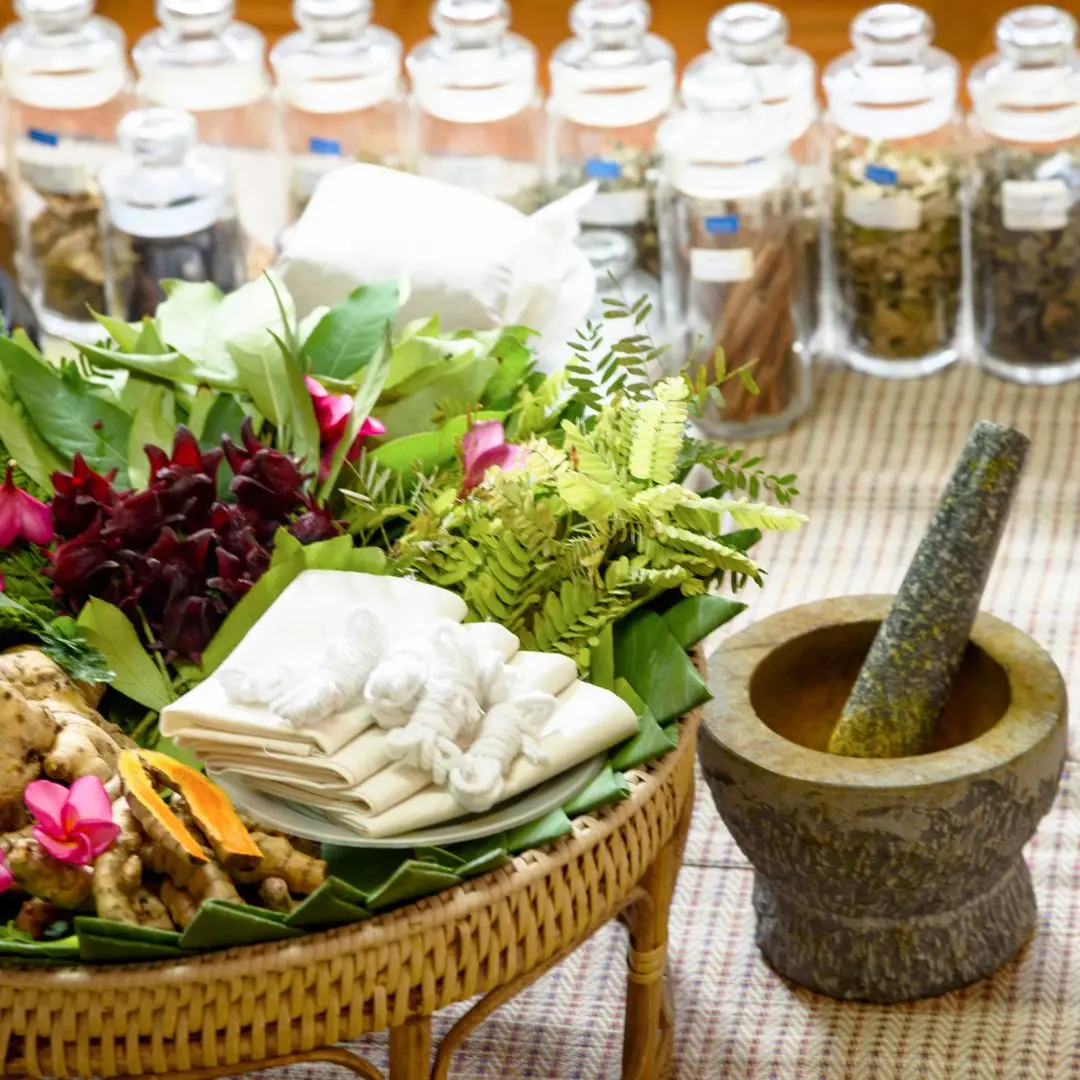Ayurveda, the ancient Indian system of medicine, offers a holistic approach to treating various health conditions, including anxiety.

Blog
Ayurvedic Medicine for Anxiety – Natural Relief
Ayurveda, the ancient Indian system of medicine, offers a holistic approach to treating various health conditions, including anxiety. In this guide, we'll explore Ayurvedic medicine for anxiety and natural remedies for stress relief to help you achieve a sense of calm and balance in your life.
Anxiety is a common mental health condition characterized by feelings of fear, worry, and apprehension. It can manifest in various forms, including generalized anxiety disorder (GAD), panic disorder, social anxiety disorder, and phobias. Anxiety can significantly impact daily life and overall well-being if left untreated.
Anxiety can be caused by a combination of factors, including genetics, brain chemistry, personality traits, and life experiences. Stressful life events, trauma, chronic illness, and certain medications can also contribute to the development of anxiety disorders. Understanding the root cause of your anxiety is essential for effective treatment and management.
Ayurveda views health as a balance between mind, body, and spirit. According to Ayurvedic principles, imbalances in the body's three doshas—Vata, Pitta, and Kapha—can contribute to the development of anxiety and other health problems. Ayurvedic treatments aim to restore balance and harmony to the body and mind.
Ayurvedic medicine utilizes a variety of herbs and botanicals to help alleviate anxiety symptoms and promote relaxation. Some commonly used herbs for anxiety include Ashwagandha, Brahmi (Bacopa monnieri), Jatamansi (Nardostachys jatamansi), and Shankhpushpi (Convolvulus pluricaulis). These herbs are known for their adaptogenic and calming properties.
Yoga and meditation are integral parts of Ayurvedic practice and can be powerful tools for managing anxiety and stress. Regular practice of yoga asanas (postures) and pranayama (breathing exercises) can help calm the mind, reduce stress hormone levels, and promote relaxation.
Abhyanga, or Ayurvedic oil massage, is another effective practice for reducing anxiety and promoting relaxation. Massaging the body with warm herbal oils not only nourishes the skin but also helps release tension, improve circulation, and soothe the nervous system.
Ayurveda emphasizes the importance of a balanced diet for overall health and well-being. Eating a nutritious diet that is rich in whole foods, fresh fruits and vegetables, whole grains, lean proteins, and healthy fats can help support optimal mental and emotional health, reducing the risk of anxiety and stress-related disorders.
To experience the benefits of Ayurvedic medicine for anxiety, consider incorporating Ayurvedic practices into your daily routine. This may include herbal supplements, dietary changes, lifestyle modifications, and stress management techniques such as yoga and meditation. It's essential to work with a qualified Ayurvedic practitioner to develop a personalized treatment plan tailored to your individual needs.
While Ayurvedic medicine can be an effective complement to conventional treatments for anxiety, it's essential to consult with a healthcare professional before starting any new therapy, especially if you have pre-existing health conditions or are taking medications. They can provide guidance and ensure safe and effective treatment.
Ayurvedic medicine offers a natural and holistic approach to managing anxiety and promoting overall well-being. By incorporating Ayurvedic practices into your daily routine, you can experience relief from anxiety symptoms, reduce stress levels, and achieve a greater sense of calm and balance in your life. Remember to work with a qualified practitioner to develop a personalized treatment plan that meets your unique needs and preferences.
HealthOK Global provides expert insights on nutrition, meal planning, and healthy eating habits. Contact our FREE 24 x 7 Healthcare Helpline at +91-8047190955 for assistance.
Anxiety is a common mental health condition characterized by feelings of fear, worry, and apprehension. It can manifest in various forms, including generalized anxiety disorder (GAD), panic disorder, social anxiety disorder, and phobias. Anxiety can significantly impact daily life and overall well-being if left untreated.
Anxiety is a common mental health condition characterized by feelings of fear, worry, and apprehension. It can manifest in various forms, including generalized anxiety disorder (GAD), panic disorder, social anxiety disorder, and phobias. Anxiety can significantly impact daily life and overall well-being if left untreated.
Need Personalized Health Guidance?
Get expert advice tailored to your specific health needs from our qualified healthcare professionals.





